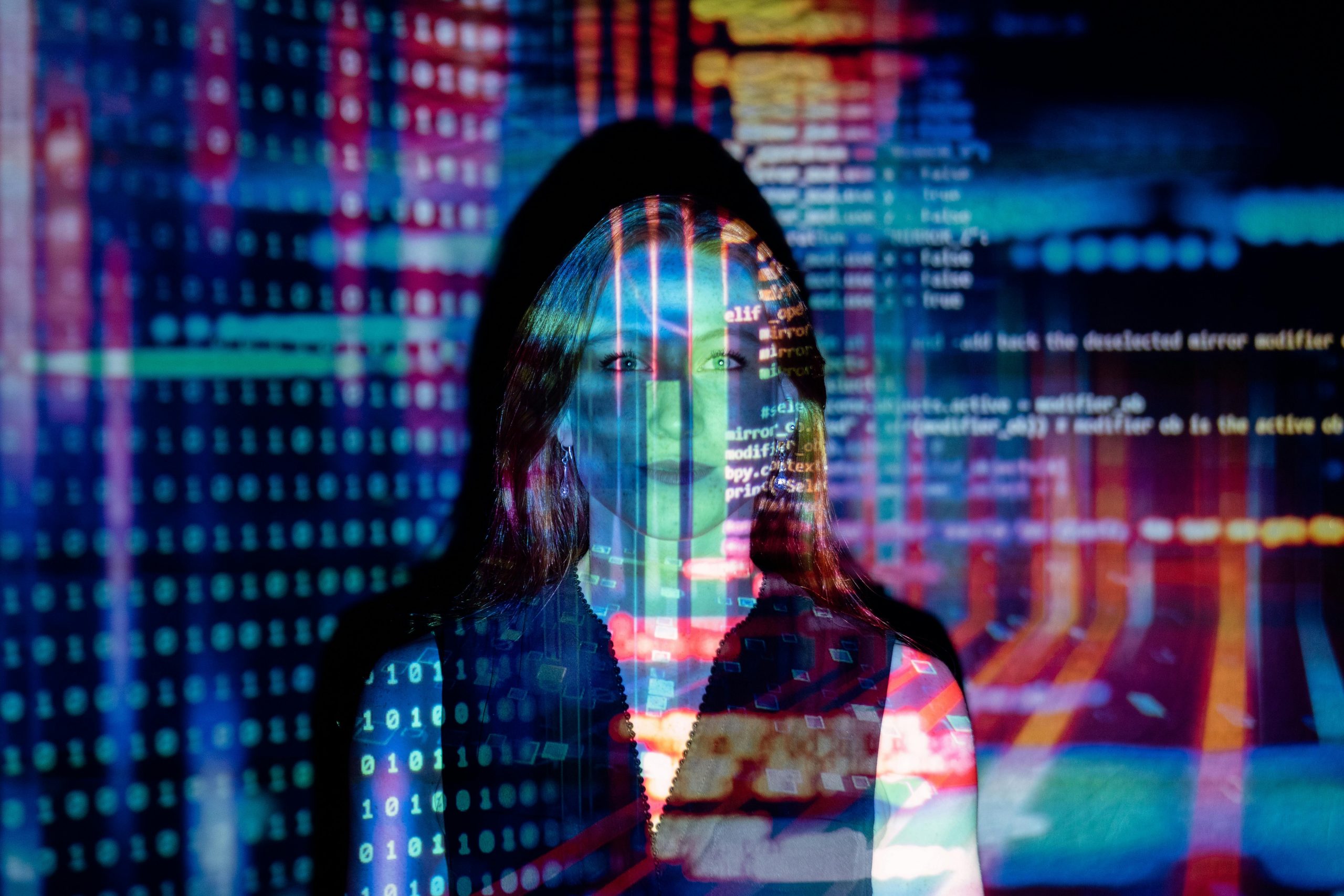Machine Intelligence Won’t Destroy Humanity; It Will Just Help Humans Work Faster
The Real Threats to Humanity Are Not Artificial Intelligence, But Our Own Actions
In contemporary discussions about the future of technology, artificial intelligence (AI) often gets portrayed as an existential threat—portrayed as a force that could potentially wipe out humanity. However, this perspective might be overlooking the real danger: human behavior and decision-making.
Focusing solely on AI as a civilization-ending hazard distracts from the pressing issues caused by humans themselves. Instances such as the extinction of over 70% of animal species, rampant deforestation, and the devastation of ocean ecosystems are all direct results of human activity. AI has not been responsible for these environmental crises; instead, it is our choices and actions that have led to these catastrophic outcomes.
Moreover, mankind has been embroiled in conflicts and wars since the dawn of history, driven by human motives—not AI. The technology itself is neutral; it is the human use of that technology that shapes its impact. AI, in isolation, is unlikely to instigate destruction without human direction.
The narrative that AI could autonomously destroy humanity might oversimplify the complex social, ecological, and political factors at play. Yet, it’s crucial to recognize that humans have the capacity—and history—of unleashing large-scale destruction. In fact, we could harness AI’s enormous potential for positive change, or we could leverage it as a tool to accelerate existing destructive patterns.
In essence, the real existential challenge we face is rooted not in artificial intelligence itself but in human nature. Our priorities, actions, and collective choices will ultimately determine the trajectory of our future. To ensure a sustainable and thriving planet, it is imperative that we address the underlying human tendencies that threaten our survival, rather than solely fixating on AI as the supposed threat.














Post Comment